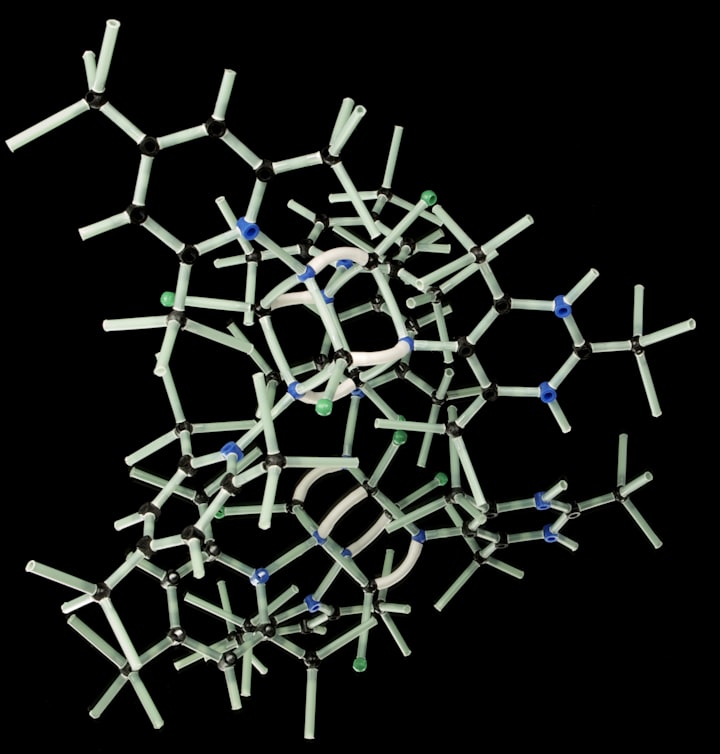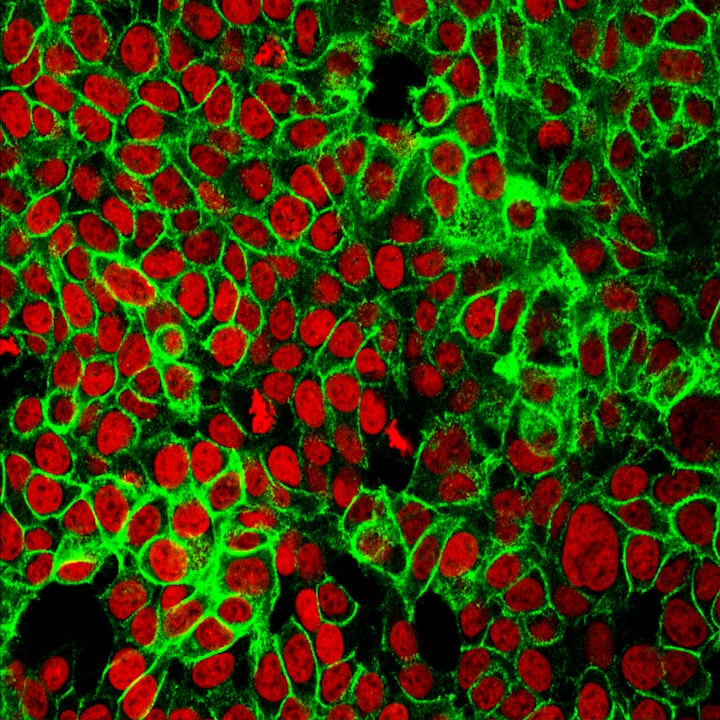How Do Spent Nuclear Fuel and Radioactive Isotopes Impact Nuclear Fuel Recycling?
Discover the impact of spent nuclear fuel and radioactive isotopes on nuclear fuel recycling. Learn about the challenges and benefits.

Nuclear reactors used for power generation produce spent nuclear fuel, containing radioactive isotopes that pose challenges for safe disposal.
Spent nuclear fuel doesn't generate adequate heat to efficiently produce steam for spinning turbines, leading to inadequate heat generation in the process of power production.
The energy output from the fuel is insufficient to cover the cost of building and running a system for power generation.
Despite this, spent fuel holds potential for nuclear fuel recycling.
Certain types of reactors can recycle the spent fuel back into usable nuclear fuel, thereby extracting useful radioisotopes.
However, this process introduces its own set of challenges.
One significant challenge is that recycling can lead to the production of plutonium, which is used in nuclear weapons.
The difficulty in distinguishing between a fuel recycling plant and a weapon-making plant has led to political and diplomatic concerns.
Many countries opt not to recycle spent fuel to avoid such issues.
The complexity of managing spent nuclear fuel and the recycling process raises questions about the future of energy generation and nuclear waste.
How can we address these challenges while harnessing the potential of nuclear fuel recycling?






